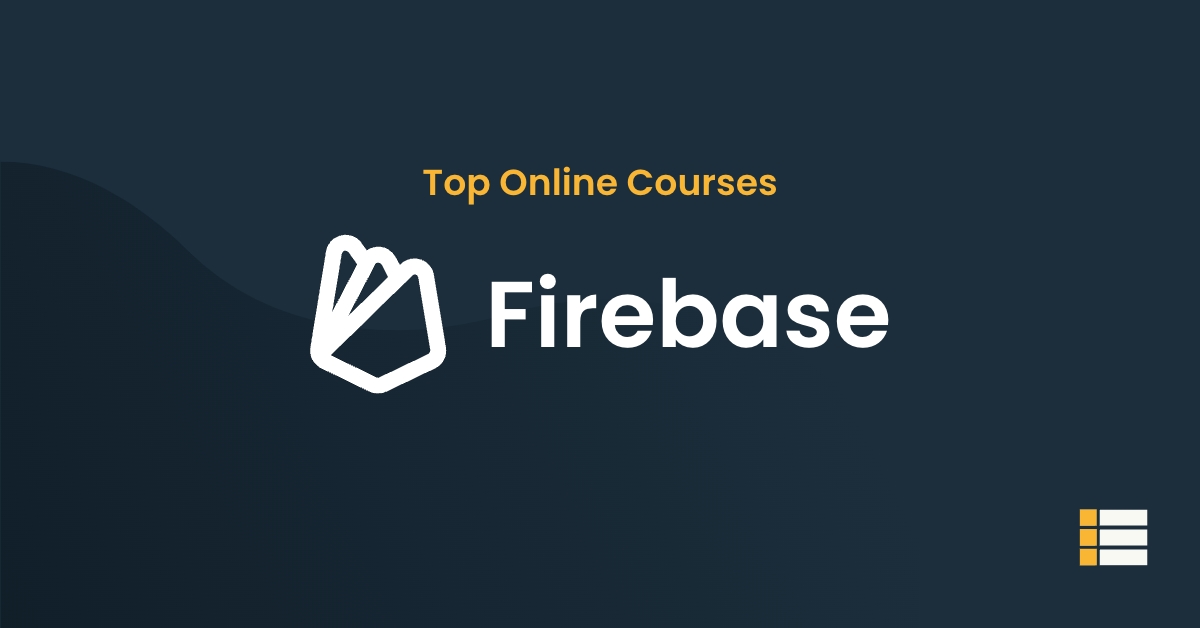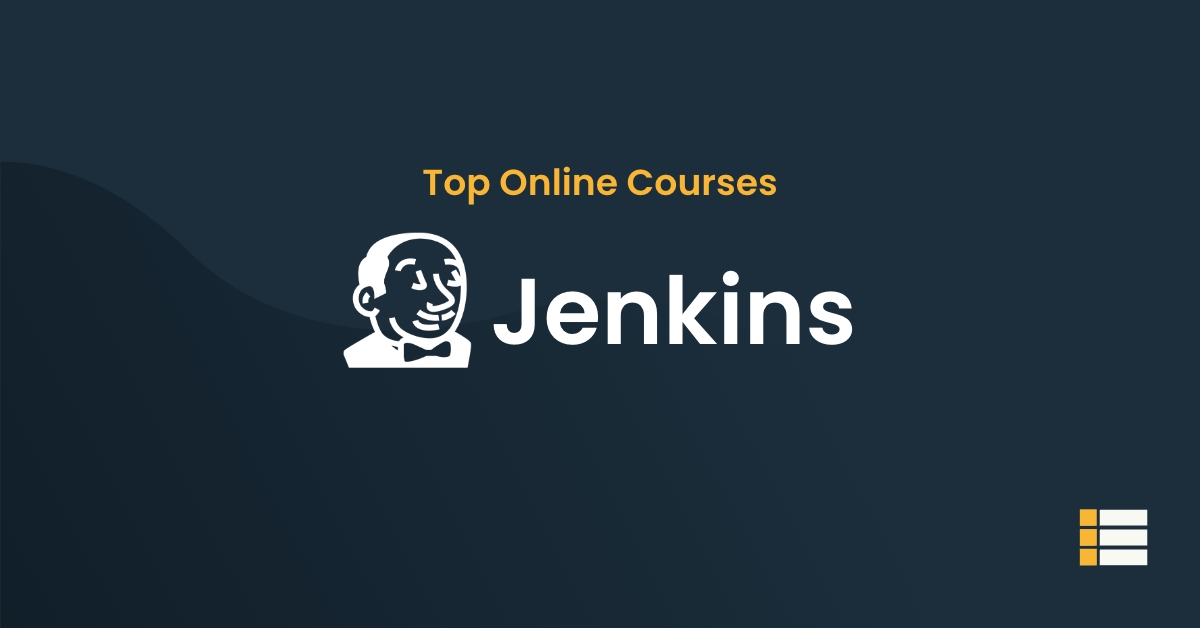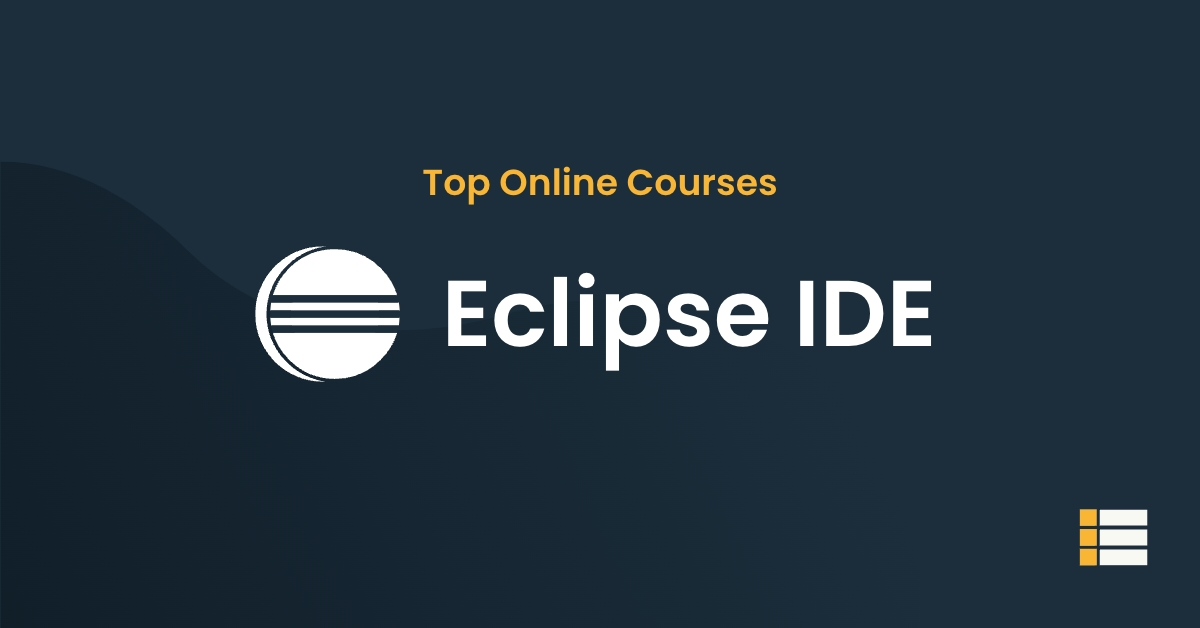In today’s business climate, the lines between information technology (IT) and business are blurred.
Technology is no longer just a support function; it is now a key driver of business success.
This shift has led to the rise of DevOps, a set of practices that combines software development and IT operations to deliver business value faster and more efficiently.
Let’s dive in.
Table of Contents
Learning DevOps Online: A Student’s Guide
What Is DevOps?
DevOps is a set of best practices that help organizations manage application development and deployment.
By automating and standardizing processes, DevOps allows teams to focus on more strategic tasks.
As a result, organizations can deliver software faster and more reliably.
The term “DevOps” is a combination of the words “development” and “operations.” It represents a collaboration between these two traditionally separate groups.
DevOps professionals believe that by working together, they can better understand the business objectives and deliver value to customers more quickly.
DevOps is not a single tool or technology. Rather, it is a set of principles and practices that can be implemented using a variety of tools. C
ommon DevOps tools include automation tools, configuration management tools, and monitoring tools. DevOps is a relatively new concept, and as such, it is still evolving.
As more organizations adopt DevOps practices, the definition of DevOps is likely to change.
Common DevOps Tools
There are a number of tools that are commonly used in DevOps, which can be broadly divided into categories such as configuration management, monitoring, and logging.
- Configuration management tools help manage and automate the process of configuring and deploying software. Examples of such tools include Puppet, Chef, and Ansible.
- Monitoring tools help track the performance of systems and applications, and identify issues. Examples of monitoring tools include Nagios, New Relic, and Datadog.
- Logging tools help collect and aggregate log data from various sources, which can be useful for debugging and troubleshooting. Examples of logging tools include Splunk, Graylog, and Fluentd.
The Principles of DevOps
There are five key principles of DevOps:
- Continuous delivery is the practice of continuously delivering code changes to a production environment. This practice enables organizations to release new features and functionality to their users faster and more frequently.
- Continuous integration is the practice of automatically integrating code changes into a shared code repository. This practice enables developers to resolve conflicts and make code changes in a more collaborative and coordinated manner.
- Infrastructural as code is the practice of treating infrastructural configurations as code files that can be managed, versioned, and automated using the same tools and processes as application code.
- Monitoring and logging is the practice of tracking system performance and activity data in order to identify and diagnose issues.
- DevOps culture is a collaborative and open culture that values communication, collaboration, and integration between development and operations teams. This culture fosters a shared responsibility for the success of the organization’s applications and infrastructure.
DevOps learning resources
There are a variety of DevOps learning resources available online and offline. In order to select the most appropriate learning resource, it is important to firstly identify what type of learner you are.
For example, do you prefer to learn through reading texts, watching videos, listening to podcasts or attending workshops?
Once you have a good understanding of your preferred learning style, you can then begin to source the most suitable DevOps learning resources.
Some excellent online DevOps learning resources include the following:
- The DevOps Handbook by Gene Kim, Jez Humble and John Willis
- The Phoenix Project by Gene Kim
- Continuous Delivery by Jez Humble and David Farley
- The DevOps Cookbook by Michael Ducy and Andrew Clay Shafer
If you prefer to learn offline, there are also a number of excellent DevOps learning resources available in the form of books, conferences and workshops.
- The Art of Scalability by Martin L. Abbott and Michael T. Fisher
- Scalability Rules by Scott Berkun
- CloudCasts by New Relic
- The DevOps Cafe podcast
- GigaOM Structure conferences
Whichever learning resources you choose, it is important to ensure that they are comprehensive and up-to-date in order to gain the most benefit from them.
Other resources:
- DevOps Engineer – Digital and Classroom Training | AWS
- DevOps Foundations: Software Development Optimization – edx
- Kodekloud Devops training programs
- Full devops course on youtube (10 hours long video)
- Caltech postgraduate program in Devops
Frequently Asked Questions
How do I start learning DevOps?
You can get started learning DevOps by attending conferences and workshops, reading blog posts and articles written by experts, and watching video tutorials. You can also find many online courses that teach DevOps concepts and practices.
Is DevOps difficult to learn?
No, DevOps is not difficult to learn. The difficult part is implementing DevOps in an organization. DevOps is a culture and way of working that requires buy-in from everyone in the organization. It also requires a shift in mindset from thinking of IT as a cost center to thinking of IT as a business enabler.
Can I learn DevOps in 30 days?
No, you cannot learn DevOps in 30 days. DevOps is a set of practices that emphasize the collaboration and communication of both software developers and information technology (IT) professionals while automating the process of software delivery and infrastructure changes. It is a culture and mindset shift that requires the adoption of new practices and the use of new tools. While you can learn the basics of DevOps in a few weeks, it takes months or even years to master the skills required to be truly successful at implementing DevOps within an organization.
What does a DevOps do?
A DevOps is a professional who specializes in the development and operation of software systems. They work with software developers, system operators, and other IT professionals to ensure that applications are deployed and operated in a manner that meets the needs of the business.
Do DevOps need coding?
No, DevOps do not need coding. They are responsible for the development and operations of software applications, so they need to be able to understand code, but they don't necessarily need to be able to write it.
What are the 4 key components of DevOps?
The four key components of DevOps are communication, collaboration, integration, and automation.
What skills are required to learn devops?
There are a few key skills required to learn DevOps:
1) Understanding of basic software development concepts: DevOps is all about automating the software development process, so understanding basic concepts like coding, version control, and testing is essential.
2) Understanding of basic infrastructure concepts: In order to automate the process, you need to understand how the infrastructure works. This includes concepts like networking, virtualization, and cloud computing.
3) Understanding of automation tools: DevOps relies heavily on automation tools to help manage the process. Some of the most popular tools used include Puppet, Chef, and Ansible.
4) Understanding of monitoring tools: In order to ensure that the process is running smoothly, you need to be able to monitor it. This includes understanding tools like Nagios and Splunk.
Conclusion
DevOps has emerged as a hot topic in the software development industry, as it enables organizations to deliver software faster and more efficiently.
However, learning DevOps can be challenging, as it requires a fundamental shift in mindset and culture.
Overall, we believe that DevOps is a worthwhile endeavor for any organization that wants to stay competitive in the software development market.
References
- Leite, Leonardo, et al. “A survey of DevOps concepts and challenges.” ACM Computing Surveys (CSUR) 52.6 (2019): 1-35.
- Jabbari, Ramtin, et al. “What is DevOps? A systematic mapping study on definitions and practices.” Proceedings of the Scientific Workshop Proceedings of XP2016. 2016.
- Battina, Dhaya Sindhu. “AN INTELLIGENT DEVOPS PLATFORM RESEARCH AND DESIGN BASED ON MACHINE LEARNING.” training 6.3 (2019).


 Online course by
in28Minutes Official
Online course by
in28Minutes Official
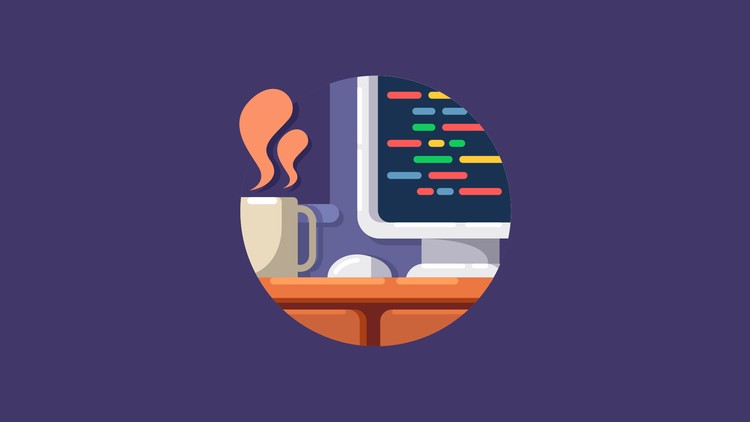
 Online course by
Edward Viaene
Online course by
Edward Viaene
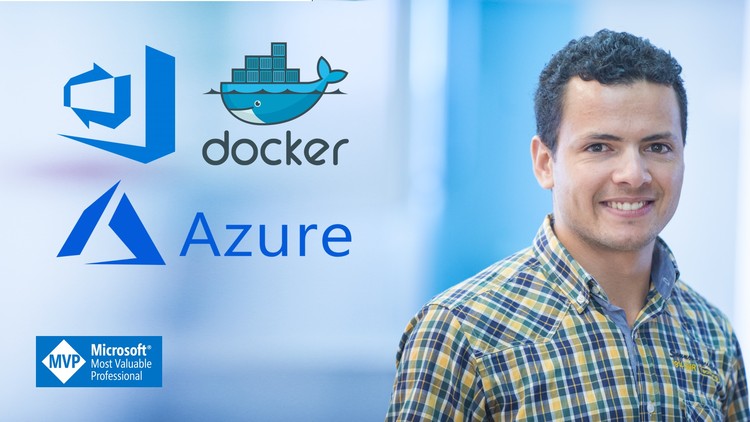
 Online course by
Houssem Dellai
Online course by
Houssem Dellai

 Online course by
Imran Teli
Online course by
Imran Teli

 Online course by
LevelUp360° DevOps | Google Cloud | Terraform | Kubernetes | Ansible
Online course by
LevelUp360° DevOps | Google Cloud | Terraform | Kubernetes | Ansible
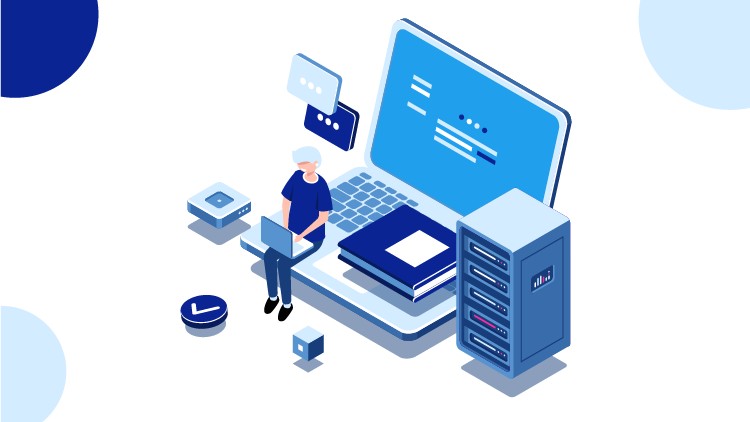
 Online course by
Rahul Shetty
Online course by
Rahul Shetty

 Online course by
DevOps Training
Online course by
DevOps Training
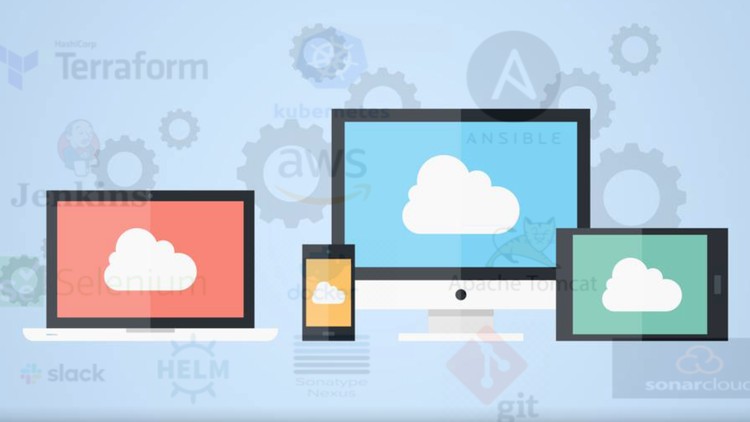
 Online course by
Imran Teli
Online course by
Imran Teli
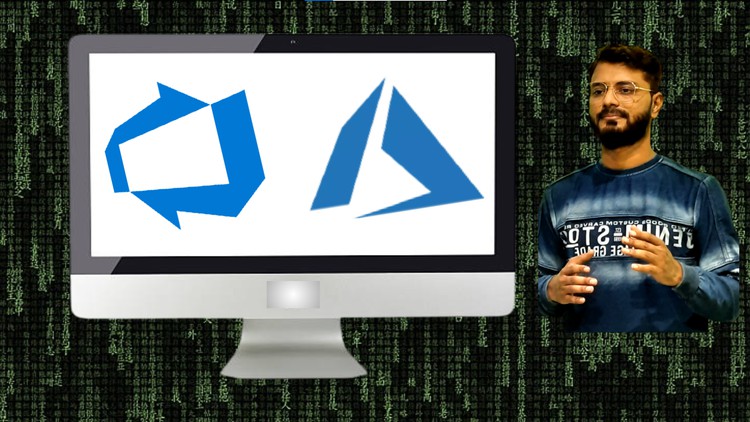
 Online course by
Ajeet Khan
Online course by
Ajeet Khan
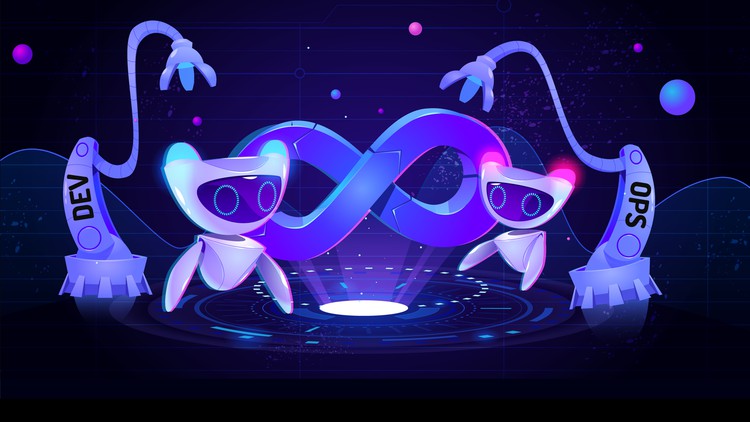
 Online course by
Bhrugen Patel
Online course by
Bhrugen Patel

 Online course by
Packt Publishing
Online course by
Packt Publishing

 Online course by
Gourav Shah
Online course by
Gourav Shah

 Online course by
Amazon Web Services (AWS)
Online course by
Amazon Web Services (AWS)

